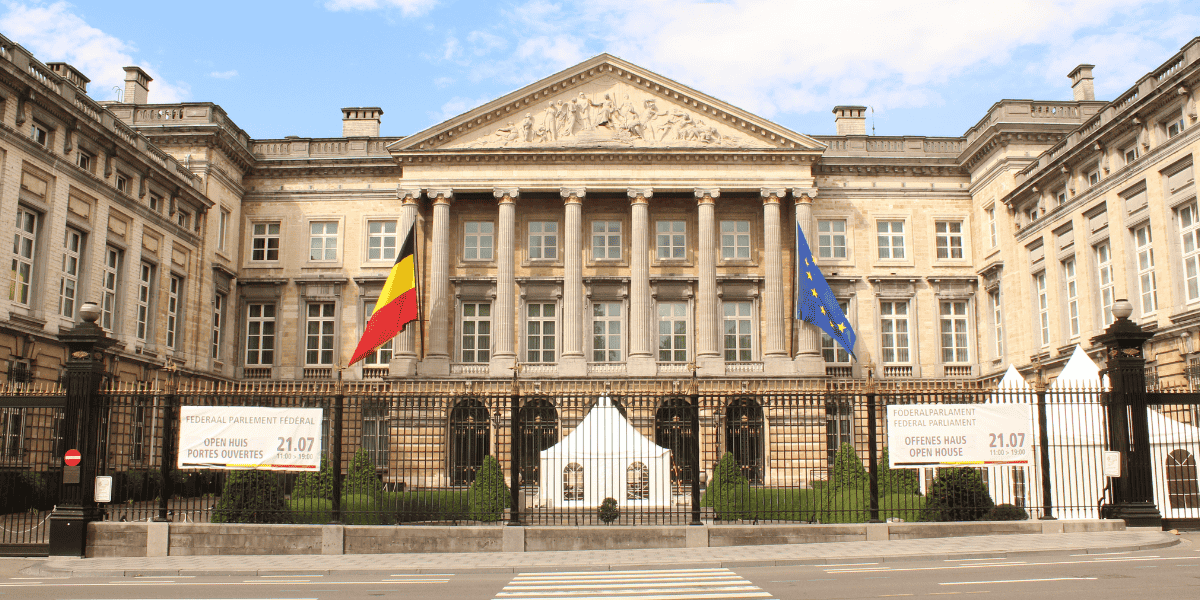On 21 December 2022 the IMF issued a report following the conclusion of discussions with Belgium under Article IV of the IMF’s articles of agreement.
Owing to the energy price increases, the federal and regional authorities are supporting to households and businesses. A range of measures have been taken, some of them targeted, and they are assessed each quarter and renewed if appropriate. The measures included an extension of the social tariff for energy and provision of gas and electricity vouchers to lower- and middle-income households. The value added tax (VAT) rate on gas and electricity was reduced from 21% to 6%, and excise duties on petrol and diesel were lowered.
The IMF report considers that any further support should be limited in scope and temporary. Although the VAT rate on gas and electricity for households was to return to the 21% rate in due course, there are alternative plans for specific excise taxes that could be progressive and adjustable for changes in energy prices. These could also be used to promote a switch to clean electricity. The IMF considers that the new excises should also include indexation of rates. Targeting of help to vulnerable households needs to be improved, to take into account their energy exposure, and to ensure there is no disincentive to employment.
If energy prices remain high, continued government support would require a political decision. Temporary windfall taxes and solidarity contributions from energy companies will help to cover some of the costs of the support. Any potential adverse impacts on investments in renewables should be closely monitored.
As tax rates are already high, any tax increases could damage economic growth. Spending rationalization is required, and the government needs to control the costs of aging such as pensions and healthcare, while improving the targeting of benefits. Pension measures including a pension bonus for work after early retirement or the statutory retirement age, have increased government spending. Further work is required on managing the increasing costs to the budget from aging. The tax and benefit disincentives for labour participation are under review and the government is making efforts to improve training, job mobility, and flexibility.
A blueprint for tax reform was issued in 2022, aiming to introduce tax simplification and increase fairness. The measures would reduce the tax burden on labour; widen the tax base by reducing tax expenditures such as incentives; review the disincentives to work caused by tax rates, tax brackets and the alignment of tax and social benefits; and strengthen revenue administration and compliance. The IMF considers that capital taxation should be more consistent between income sources.
The IMF report notes that a further tax reform is looking at carbon pricing and emissions reduction, with the first measures planned for 2023. The IMF considers that these measures should be budget neutral.













